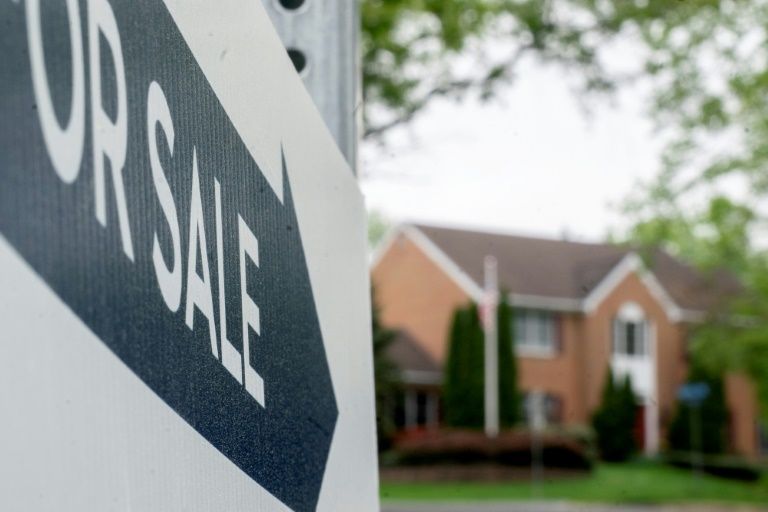As part of its action research initiatives, the African Cities Research Consortium (ACRC) is assessing the effectiveness and availability of street lighting in some Lagos communities, highlighting its impact on safety and security.
At a recent multi-stakeholder engagement held at the University of Lagos (UNILAG), Akoka, ACRC through the research initiative tagged: “Lagos Street Light Assessment (LASA)” identified challenges with improving street lighting in Lagos.
LASA is part of the implementation phase of ACRC, an initiative focused on urban research projects to improve city living conditions.
Lagos is one of the cities selected for this implementation phase of ACRC, a development that emphasises the importance of the city’s development in Africa.
Earlier, the researchers had visited some densely-populated communities in the city including Ilaje community in Bariga; Ajegunle community along Ikorodu Road, and Lagos Island, among others, where residents shared their experiences on the significance of street lighting.
The engagement, which was an advanced conversation with relevant stakeholders, featured urban development experts, government representatives, academia, community leaders, security operatives, as well as representatives from the Nigerian Slum/Informal Settlement Federation (NSISF).
The stakeholders emphasised the importance of reliable street lighting in reducing crime and promoting the productivity of residents for socio-economic economic growth.
Findings
Presenting the findings of the LASA project, the Team Lead for the Security and Safety Domain of the ACRC Lagos City Research Consortium, Adewunmi Badiora, noted that the research identified that inadequate street lighting contributes to high levels of violent street crimes, rising cases of building collapse, increased kidnapping, cyber crime, drug dealings, and terrorism.
Mr Badiora, a Senior Lecturer at the Department of Urban and Regional Planning at the Olabisi Onabanjo University (OOU), Ago-Iwoye, Ogun State, noted that the respondents expressed concerns about insufficient lighting in many areas, the rising criminal activities, and disasters – particularly, cases of building collapse.
He was joined in the research by other researchers including Victor Onifade of the University of Lagos, Esther Thonte, among others.
Mr Badiora said: “While there are new safety policies and infrastructure in the city, respondents were of the view that the current state of security has not changed significantly in the past five years”.
Drivers of insecurity
Meanwhile, the research found that both state and non-state agencies were identified as key players in the insecurity and violence in Lagos through identified causes such as abuse of power, violation of human rights, aiding and abating of criminal conducts.
It observed that the available state and non-state security outfits in Lagos are overstretched with the rapid population growth and resulting security issues.
It also found that other key players of insecurity identified include, cult groups, land grabbers, area boys and lout, especially with the patronage of members of the National Union of Road Transport Workers (NURTW) for political activities.
It added that elites monopoly of security agencies and recruitment/continuous sponsorship of urban gangs for electoral violence in Lagos continue to drive insecurity and private armament outside of the state control.
Experts speak

In her remarks, the immediate past Lagos City Manager for ACRC and now with University of Liverpool’s School of Architecture as the Leverhulme International Professor in Urbanism, Taibat Lawanson, underscored the importance of the LASA initiative for empowerment, urban reforms, and in transforming the communities and city as a whole.
“The project is continuous and requires collaboration with key stakeholders on the next steps. We are counting on your support and partnership as we move forward,” Mrs Lawanson said.
Also speaking, ACRC’s Director of Uptake and Professor of Journalism and Communication Studies at the University of Lagos, Ismail Ibrahim, enjoined critical stakeholders to see the research as relevant tool to enhance city’s development.
He said the importance of research is to identify happenings in the society, needs of the people, and what should be done to either improve existing systems or create new ones. He appealed to government representatives at the event to take the effort as complementary to government initiatives.
Comments
The stakeholders noted that during the tenure of the former Lagos Governor, Akinwunmi Ambode, the project “Light Up Lagos” was introduced to enhance electricity distribution and transmission, while also lighting up major highways and streets to boost commercial activities.
They observed that the project is no longer effective as major areas in Lagos now lack street lighting and that the old ones need repairs, which they claim has resulted in increased insecurity on Lagos streets.
They also noted that in most cases the urban areas enjoy the lighting infrastructures while the rural communities lack them, experiencing more accidents and vandalism.
Recommendations
Stakeholders emphasised the importance of street lighting across Lagos, and the need to improve public-private partnerships for infrastructure development.
They noted that the government should consider alternative sources for street lighting like solar options and community engagement and maintenance.
They also suggested enhanced partnerships with community leaders and groups such as community development associations, insisting that doing so would reduce the incidences of vandalism, theft and attacks on government officials by hoodlums.
About ACRC
The African Cities Research Consortium (ACRC) is a major six-year investment by FCDO to fund new, operationally relevant research to address intractable development challenges in African cities.
Led by the University of Manchester, ACRC comprises research institutions, policy think tanks, CSOs and community-based researchers.
READ ALSO: Nigerian govt unveils programme to address malnutrition, food insecurity
ACRC focuses on urban development domains, which include, housing, informal settlements, land and connectivity, neighbourhood and district economic development, youth and capability development, health, wellbeing and nutrition, structural transformation, and safety and security.
Support PREMIUM TIMES’ journalism of integrity and credibility
At Premium Times, we firmly believe in the importance of high-quality journalism. Recognizing that not everyone can afford costly news subscriptions, we are dedicated to delivering meticulously researched, fact-checked news that remains freely accessible to all.
Whether you turn to Premium Times for daily updates, in-depth investigations into pressing national issues, or entertaining trending stories, we value your readership.
It’s essential to acknowledge that news production incurs expenses, and we take pride in never placing our stories behind a prohibitive paywall.
Would you consider supporting us with a modest contribution on a monthly basis to help maintain our commitment to free, accessible news?
Make Contribution
TEXT AD: Call Willie – +2348098788999








